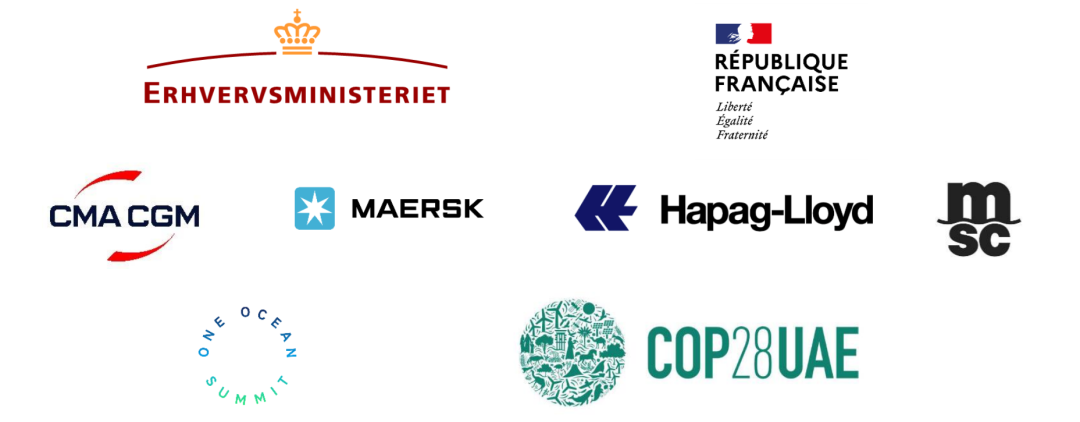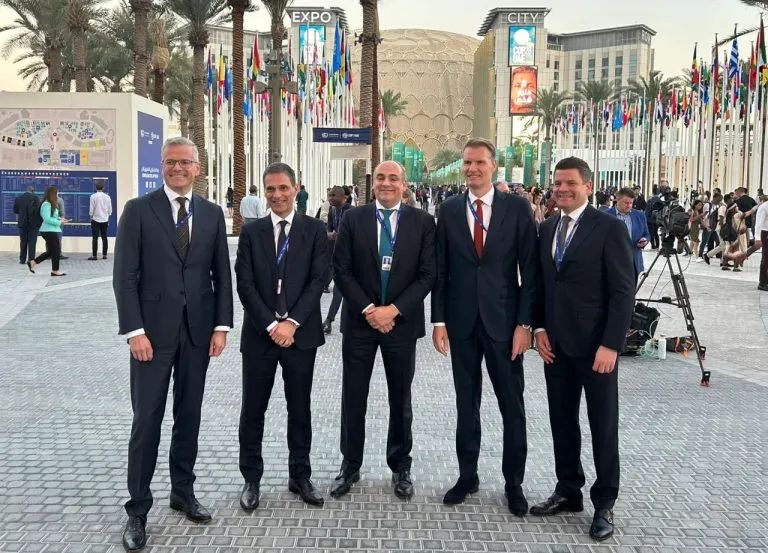
In response to years of fuel surcharges, low sulfur fees, and the current EU Emissions Trading Scheme (ETS), there is now another "green balance fee". Who will pay for these fees in the future? Is it the shipper?
It is worth noting that major shipping companies are currently preparing for the implementation of the EU Emissions Trading Scheme (ETS), planning to recoup the costs of the EU Emissions Trading System through surcharges. Many shipping companies, such as MSC, Hapag Lloyd, MSC, Evergreen, Yangming, and COSCO Shipping, have announced that they will start levying surcharges from the first quarter of next year. Customers are confused about levying different levels of surcharges.
For a long time, the surcharges charged by container shipping companies for dock loading and unloading and ship fuel oil projects have been controversial among shippers, who believe that these surcharges do not reflect actual cost levels but are used as a way to increase revenue. Have you expressed dissatisfaction with the difference in additional fees for the EU emissions trading system, and will you still face "green balance fees" in the future?
From left to right: MSK CEO Kevin Sheng, CMA Group CEO Rudolf Sadd, HPL CEO Jensen, MSC Shipping CEO Soren Toft, Wallenius Wilhelmsen CEO Lasse Kristoffersen
MSK CEO Ke Wensheng believes that the next important step in the green transformation of the shipping industry is to introduce regulatory conditions to minimize greenhouse gas emissions for every dollar invested. He said, "This includes establishing effective pricing mechanisms to narrow the gap between fossil fuels and green fuels, and ensuring that our global customers and consumers make green choices more easily."
The leaders of MSC, Maersk, Hapag Lloyd, CMA CGM, and Wallenius Wilhelmsen believe that close cooperation with IMO regulatory agencies will lead to effective and specific policy measures to support investment in the shipping and ancillary industries, thereby achieving the speed required for decarbonization.
MSC CEO Soren Toft commented: The support of governments around the world will be an important factor in achieving our common goals, and in these efforts, we hope to see the cessation of deliveries of ships that can only use fossil fuels. Without the full support of other stakeholders, especially energy suppliers, achieving these goals will be extremely difficult - no one can do it alone. Today, we seem to be one step closer to this goal, but the specific supply of alternative fuels and global challenges The recognized pricing of greenhouse gases is crucial for achieving our goals
The CEO's joint statement calls for the establishment of four regulatory "cornerstones":
Develop a clear schedule of greenhouse gas intensity standards for the fuel supply infrastructure required for new shipbuilding and accelerated energy transition to stimulate investment confidence.
An effective greenhouse gas pricing mechanism that makes green and black fuels competitive during the transition phase of their use. This can be achieved by allocating a premium for green fuel among all fossil fuels used. Due to the low initial amount of green fuel, any inflation effect is minimized. This mechanism must also have increasingly strong regulatory incentives to achieve greater emissions reductions. In addition, in addition to paying the "green balance fee", the income generated by this mechanism should be used for research and development funds and investments in developing countries to ensure a fair transition that does not leave anyone behind.
The greenhouse gas regulatory compliance ship sharing option can consider the performance of a group of ships, rather than just the performance of a single ship, to ensure investment while achieving maximum greenhouse gas emissions reduction, thereby accelerating global fleet decarbonization.
Well to Wake or lifecycle greenhouse gas regulatory foundations align investment decisions with climate interests and reduce the risk of stranded assets.
"We believe that regulatory frameworks and clear goals are crucial for accelerating the adoption of alternative fuels and decarbonization," said Rolf Hubben Jansen, CEO of HPL